A clockwise circumnavigation of the Portsmouth Harbour, followed by a paddle through a creek to Langstone Harbour, then out to the open sea, covering a total of 32 km.
The date is Saturday 18 May 2019 – FA Cup final day. If you don’t follow football, you might not remember that a team from the bottom half of the premier league were to play the league winners. It looked like a thrashing even before a ball was kicked. So, what to do if you’re from Watford and want to avoid embarrassment? Go sea kayaking around Portsmouth Harbour, obviously!
And so it came to be, that the Chelsea Kayak Club Watford contingent joined a footballing agnostic bunch of kayakers to paddle around Portsmouth Harbour and through to Langstone Harbour to reach the open sea: a route that was shaped like a figure ‘9’. Meeting up at Port Solent Marina on Saturday morning, we were quickly on the harbour water with light winds (F1) and cloudy, but warm (15C) conditions.
From the top of Portsmouth Harbour we headed south, along Horsea Island, then over to Whale Island, following the Eastern channel around the island. Whale Island, originally just a mudbank, has been built into the permanent Royal Navy training base of HMS Excellent and, even though land based, it is still given the name ‘HMS’ by the Royal Navy.
HMS Excellent is now primarily a training centre and at the south of the island we were able to paddle passed the training ship HMS Bristol (D23), which saw action in the Falkland War in 1982.
With the heritage of Portsmouth and the Royal Navy, it came as no surprise that there are specific rules that we needed to follow to kayak within Portsmouth Harbour. Primarily these involved being 100m away from submarines and 50m from warships at any time. The harbour is regularly patrolled by the Police and Queens Harbour Master Portsmouth Volunteer Harbour Patrol to check, and the Police launch came to investigate our movements, although didn’t interfere with our trip. You can see the Police launch in some of the pictures below.
From the bottom of Whale Island we crossed to Shell Pier, rafting up to congratulate ourselves on successfully crossing the main harbour and managing to dodge the ships.
Shell Pier currently houses a radar installation and seems innocuous enough, but originally was used for loading of ammunition onto ships. The word ‘shell’ has a very different meaning for kayakers and the Royal Navy!
From Shell Pier we followed the coast North, alongside the Royal Navy Armaments Depot (RNAD), towards Fareham, crossing to Cams Bay at Wicor Hard and managed to find a pebble lined beach and lush vegetation to sit on, for lunch.
After lunch we crossed the low lying water Eastwards to Porchester Castle. We had expected that the low water might cause an issue (grounding) but completed the 3km quickly and without issue. Arriving at the medieval Porchester Castle, the solid stone walls look impregnable even today at this commanding position at the North end of the harbour.
As the water drained from the harbour as low water started to approach, our minds turned to making the navigation through Ports Creek around the top of Portsea Island. Paddling under the M275 bridge, the flow of the water was strongly against us and although we were able to paddle against it passed the underwhelming ‘Jackstar’ sculpture by Richard Farrington, the main issue quickly became mud.
With the water draining the harbour and the creek, the water level fell to about 20cm in places revealing a sticky kind of mud. To avoid being grounded, we sought the narrow but deeper channel on the East side of Horsea Island. Once around to the North of Portsea Island, the water was deeper and more free-flowing, allowing us easy access under the railway bridge (a particular hazard at high water) and into the tranquillity of Langstone Harbour.
Meanwhile at Wembley Stadium the FA Cup final kicked-off, with some of the Chelsea Kayak Club members still unrealistically positive about the chances of Watford winning:
Pushing onwards through Langstone Harbour, passed the Mulberry Caisson – a relic from the D-Day landing – and onwards to the entrance, we triumphantly reached the Solent and turned westward, back towards Portsmouth. Although the trip through the two harbours has been enjoyable and enlightening, it is the open sea that really energises the team: the grey clouds clear, the sun shines and the water sparkles. Even though the muscles are weary, we land at Eastney Beach happy that, although we didn’t complete a circumnavigation of Portsea Island, we did complete a figure ‘9’ of Portsea Island. And a ‘9’ is just an upside down ‘6’. Ask any Watford fan.
Editor’s Note: You don’t have to be a Watford resident to join Chelsea Kayak Club. Chelsea Kayak Club is open to non-Watford residents also.
If your preferred sport is football, we won’t even hold that against you if you can do an assisted rescue 🙂

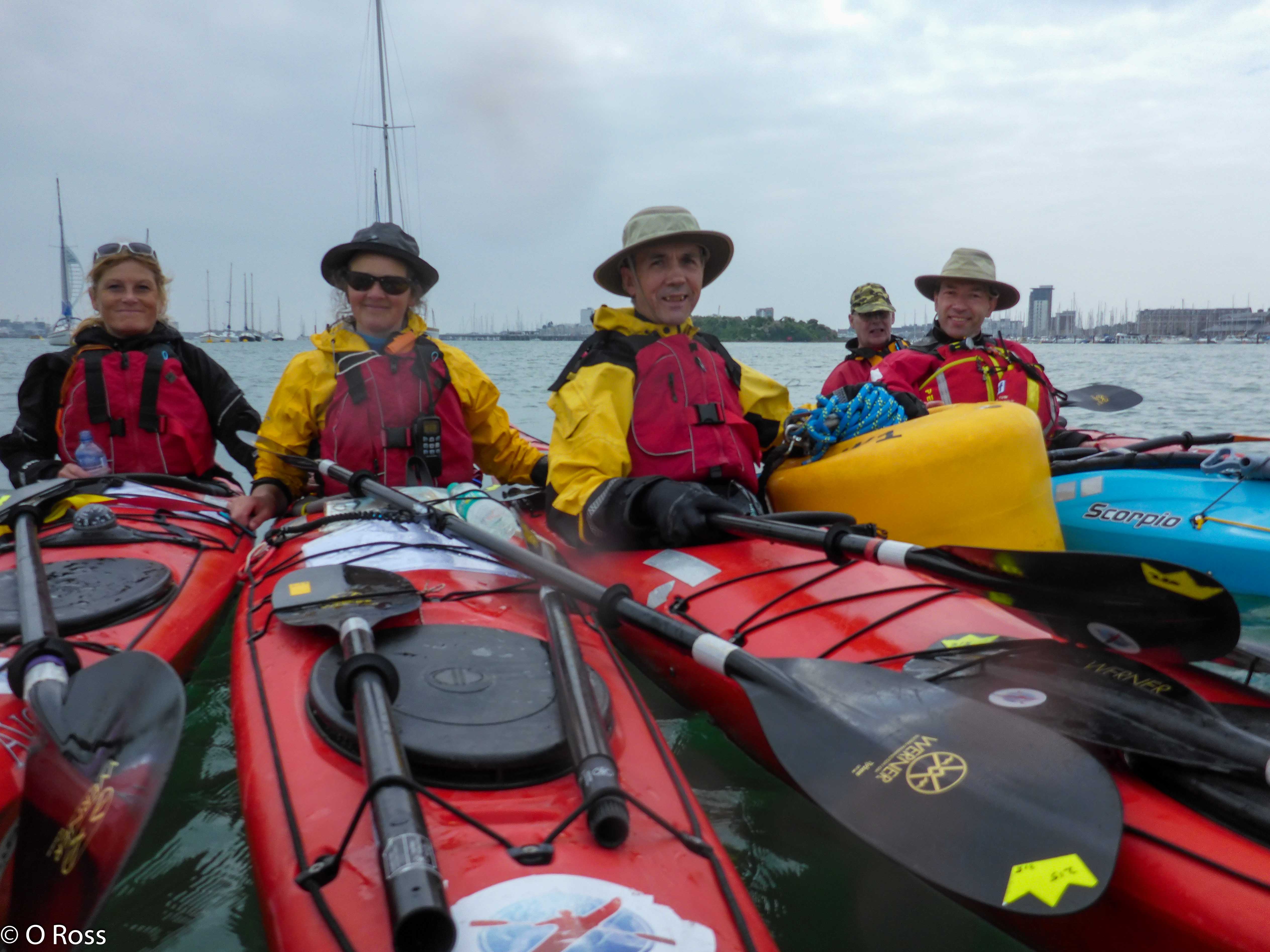
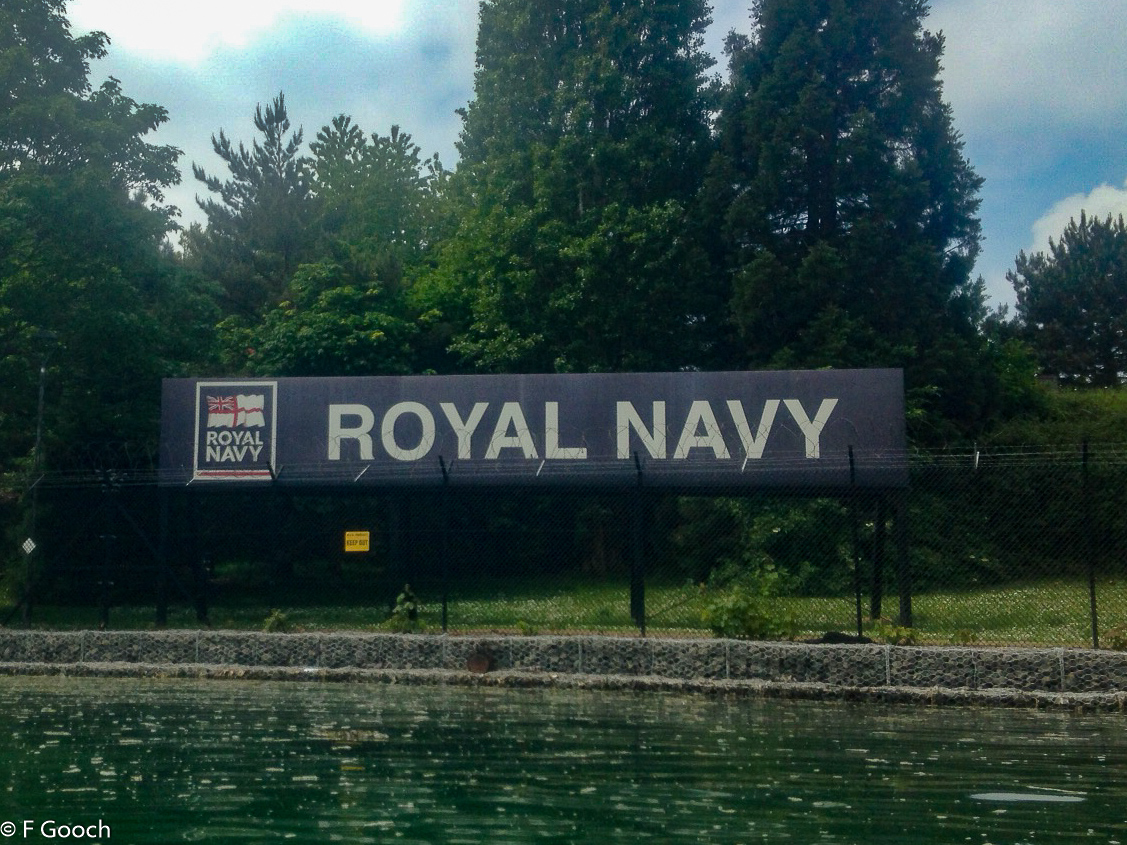
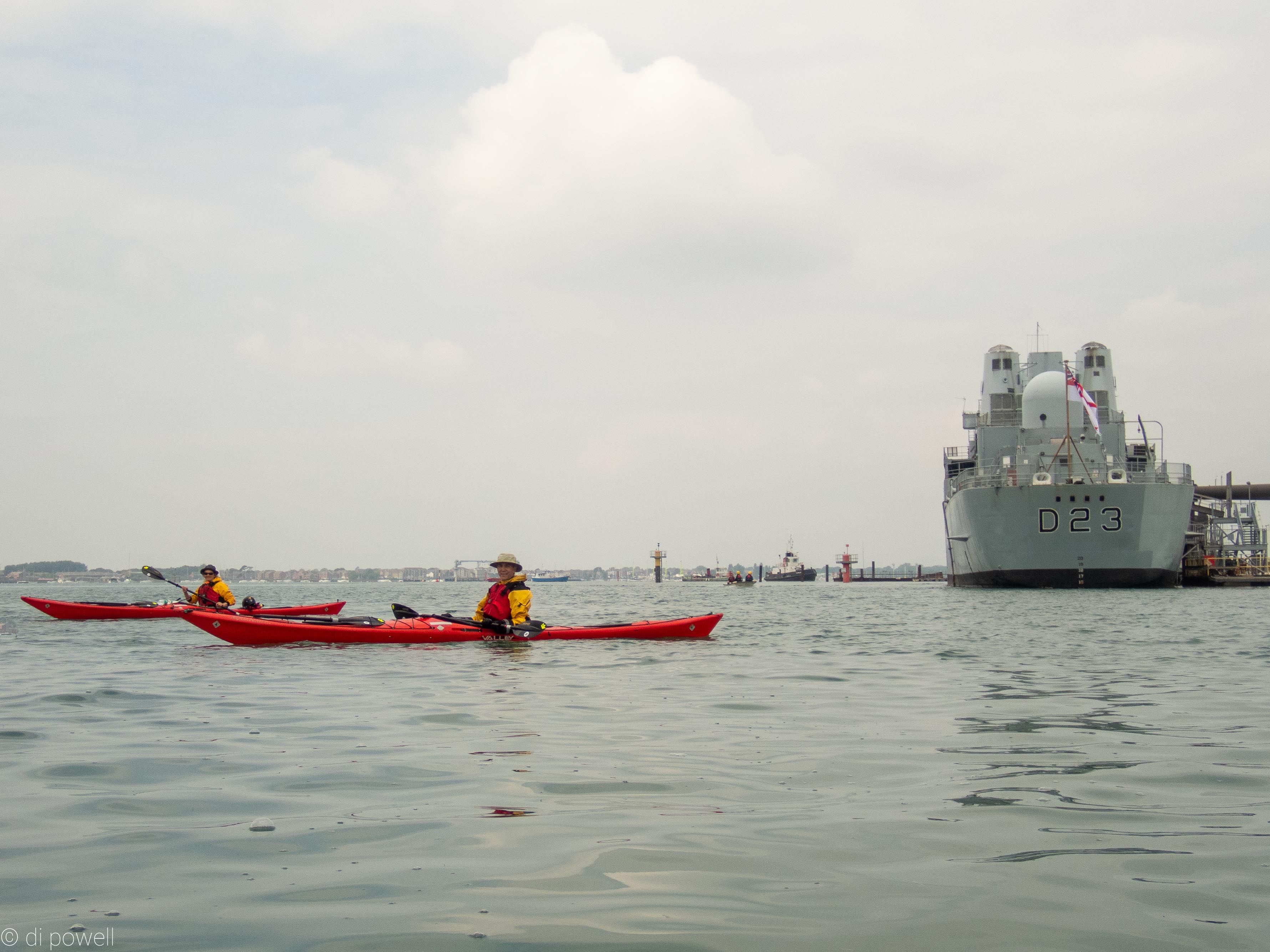
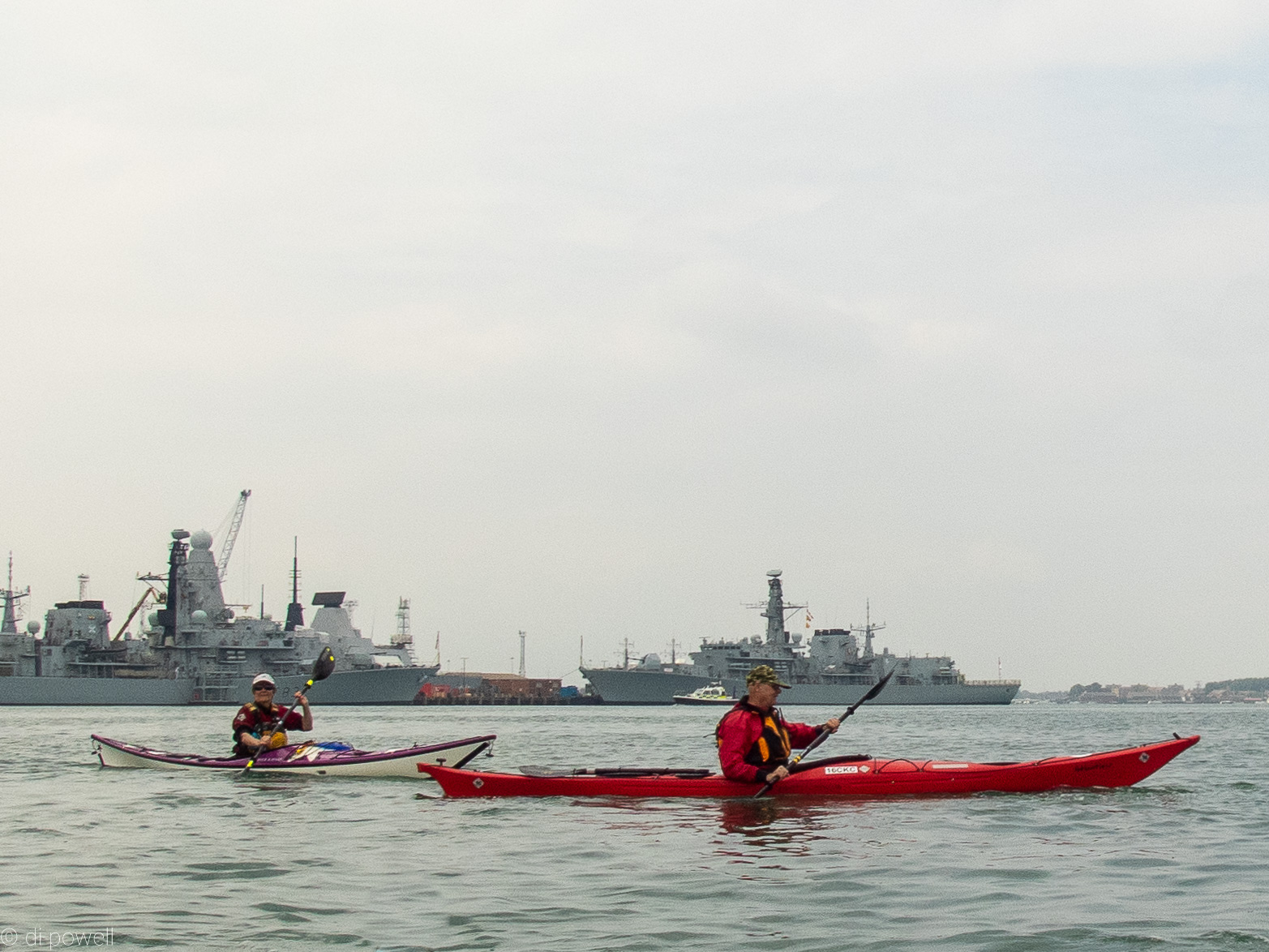
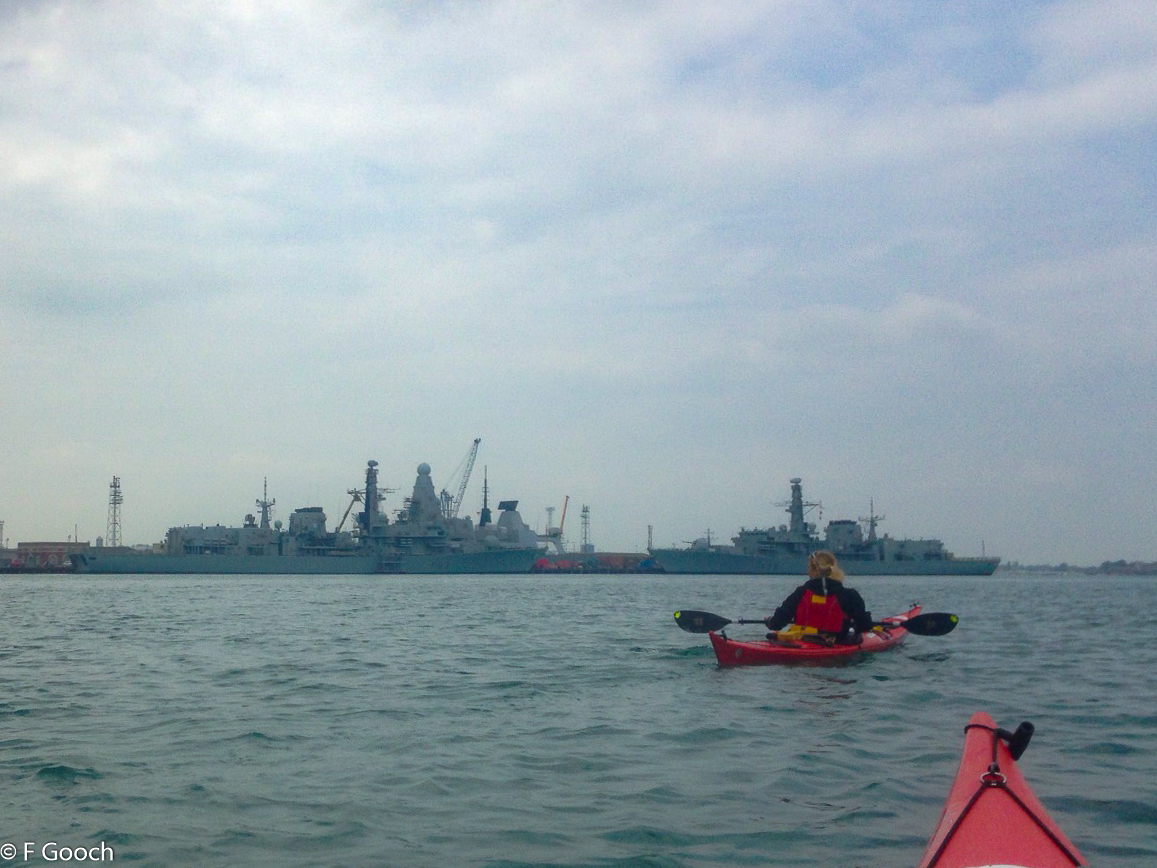
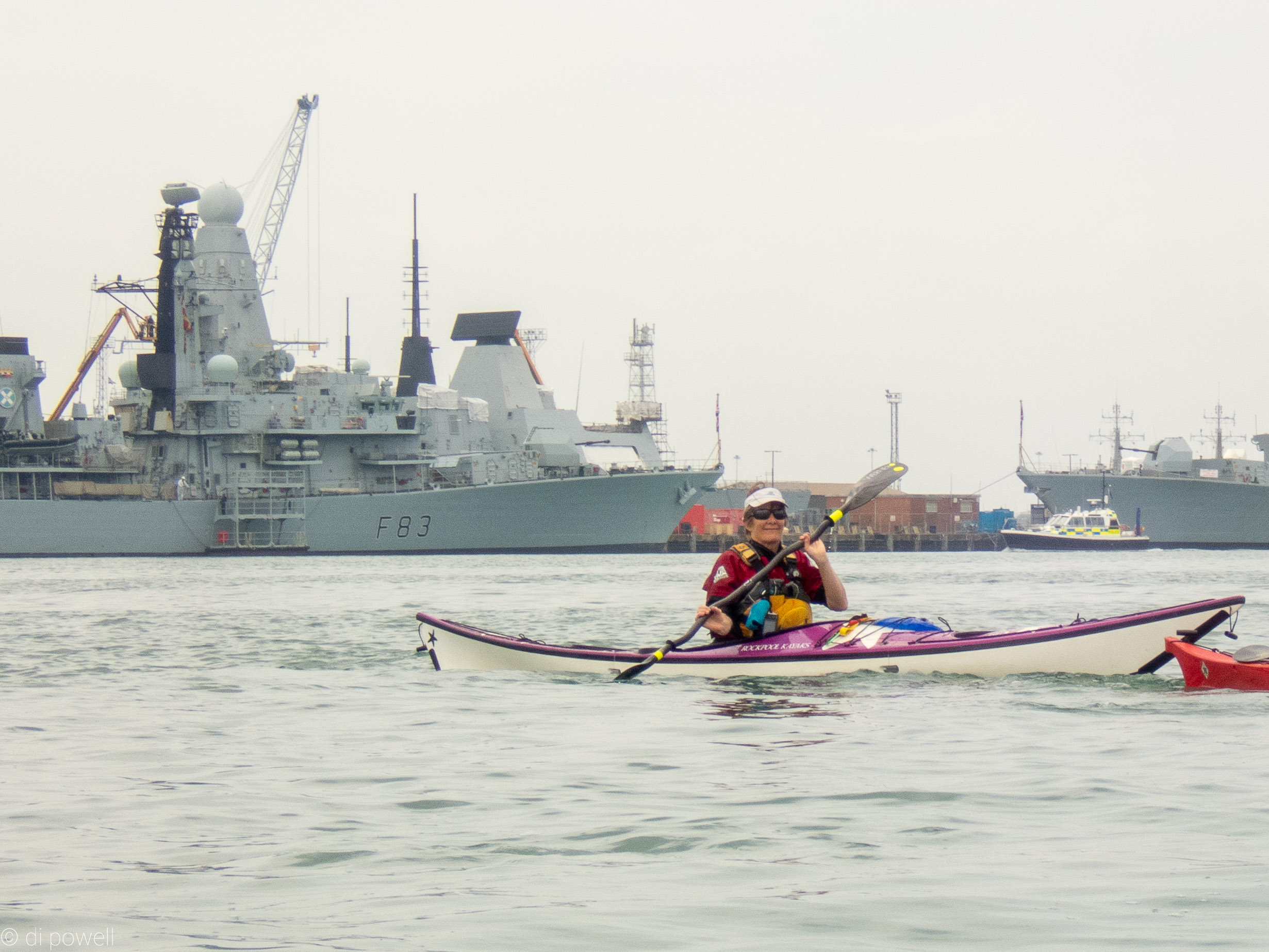
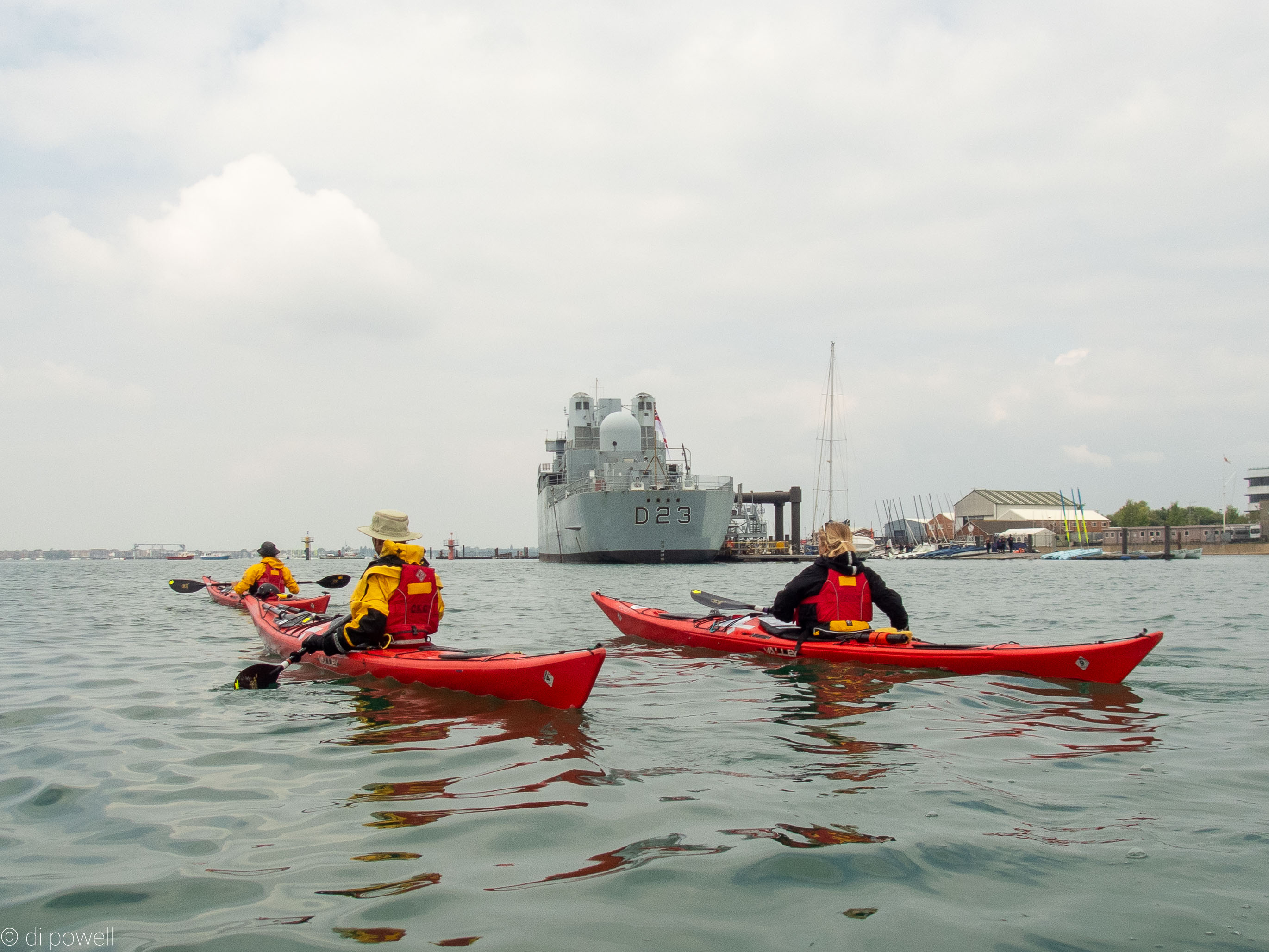
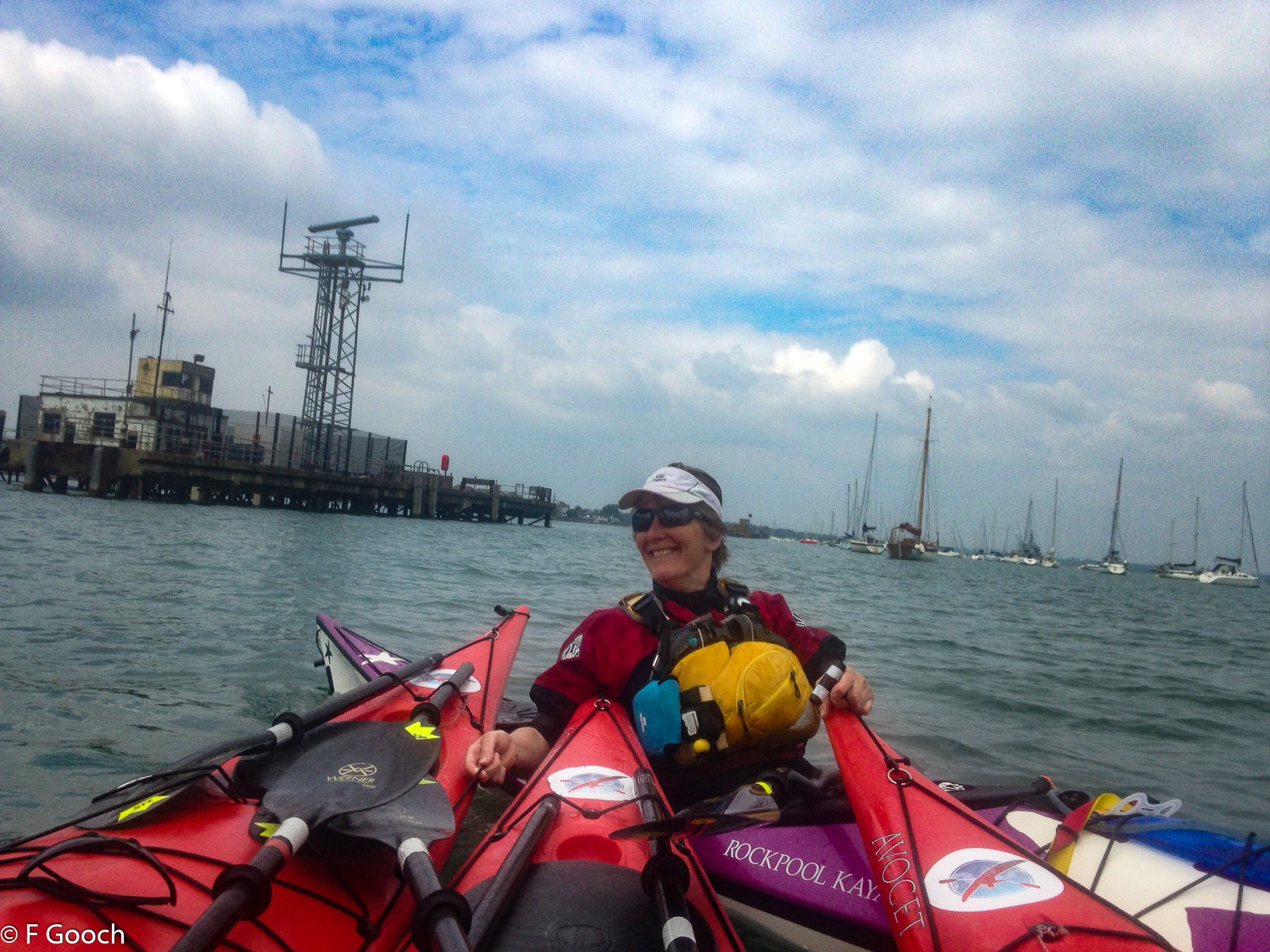
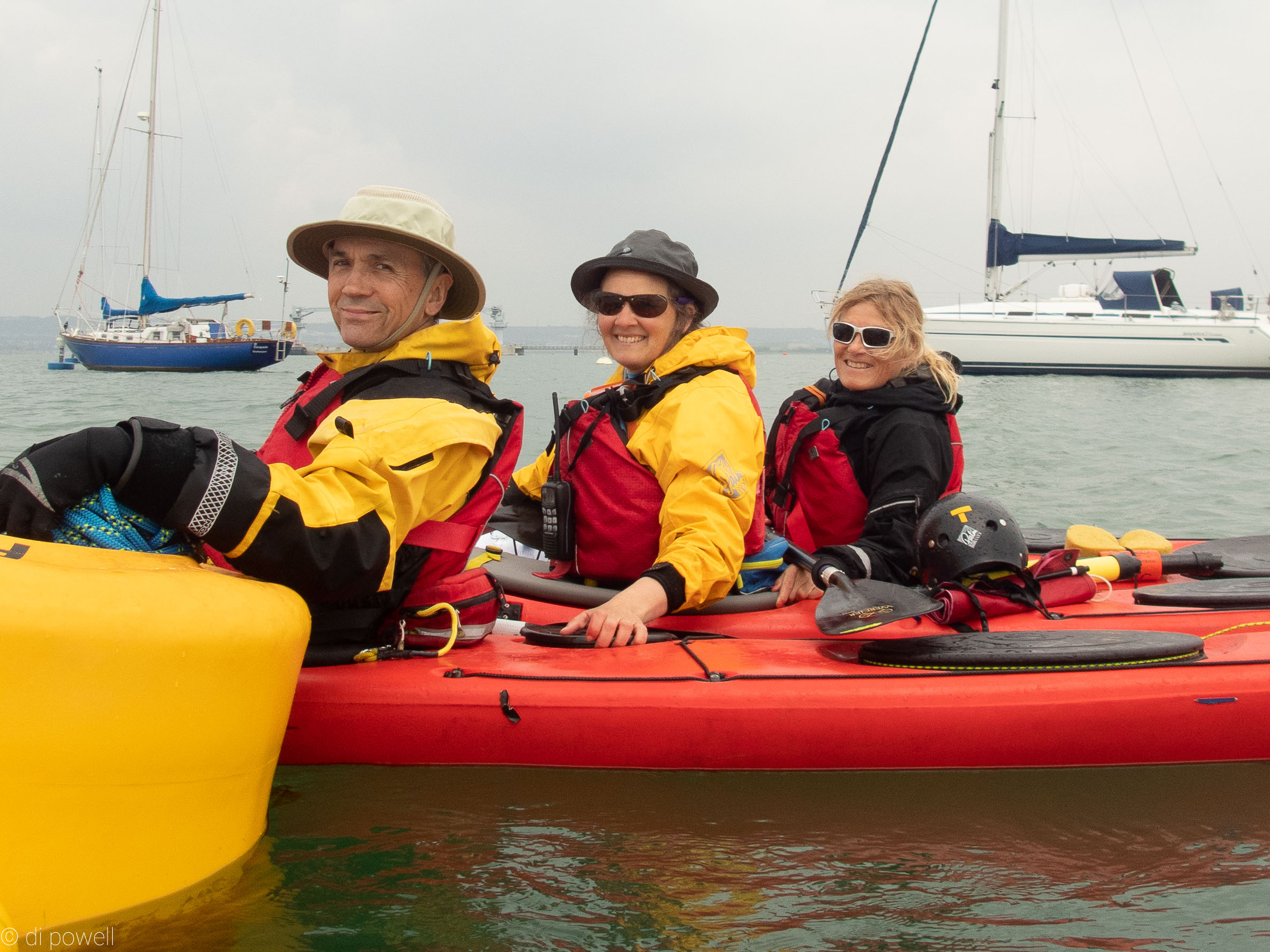
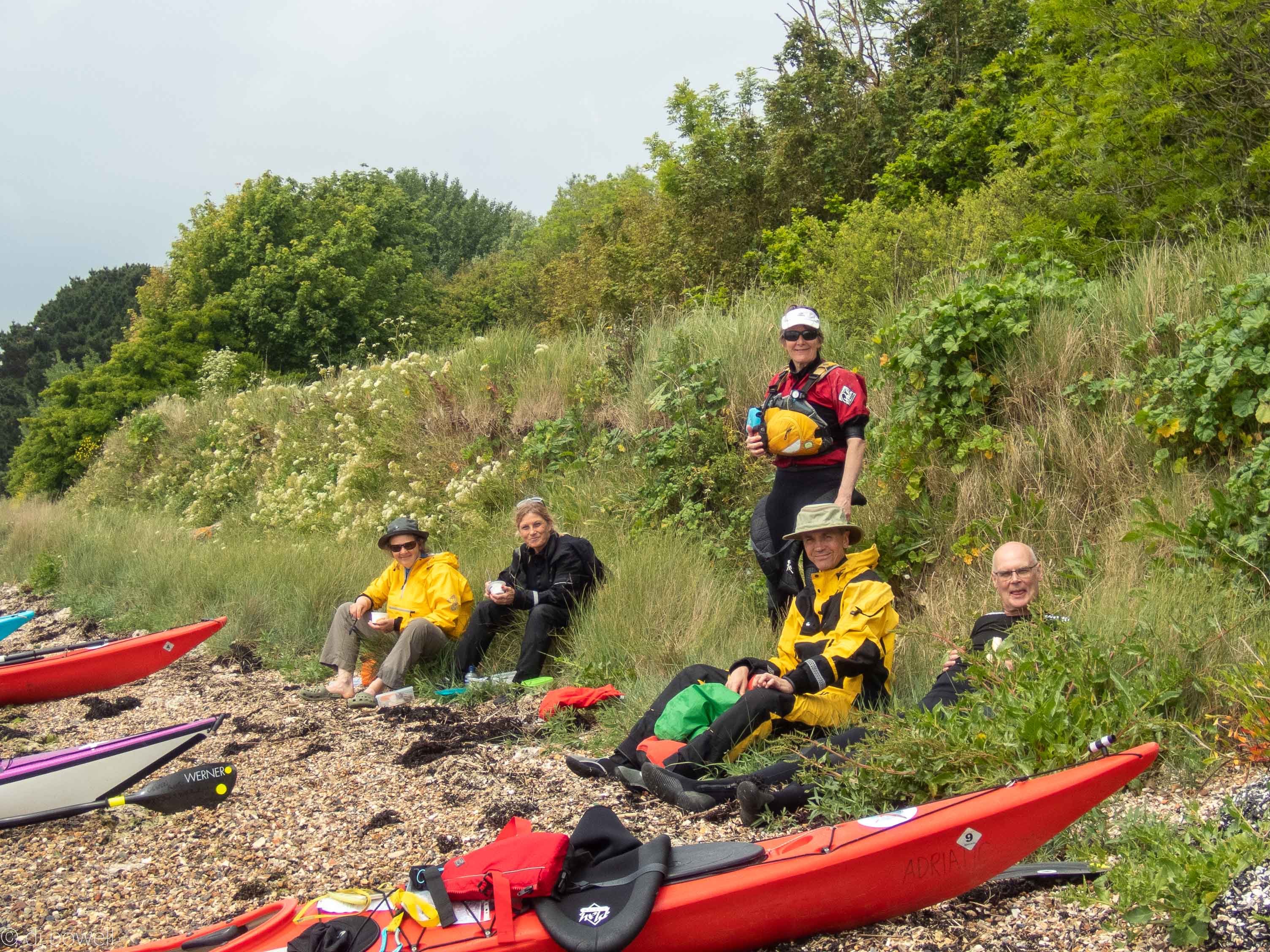
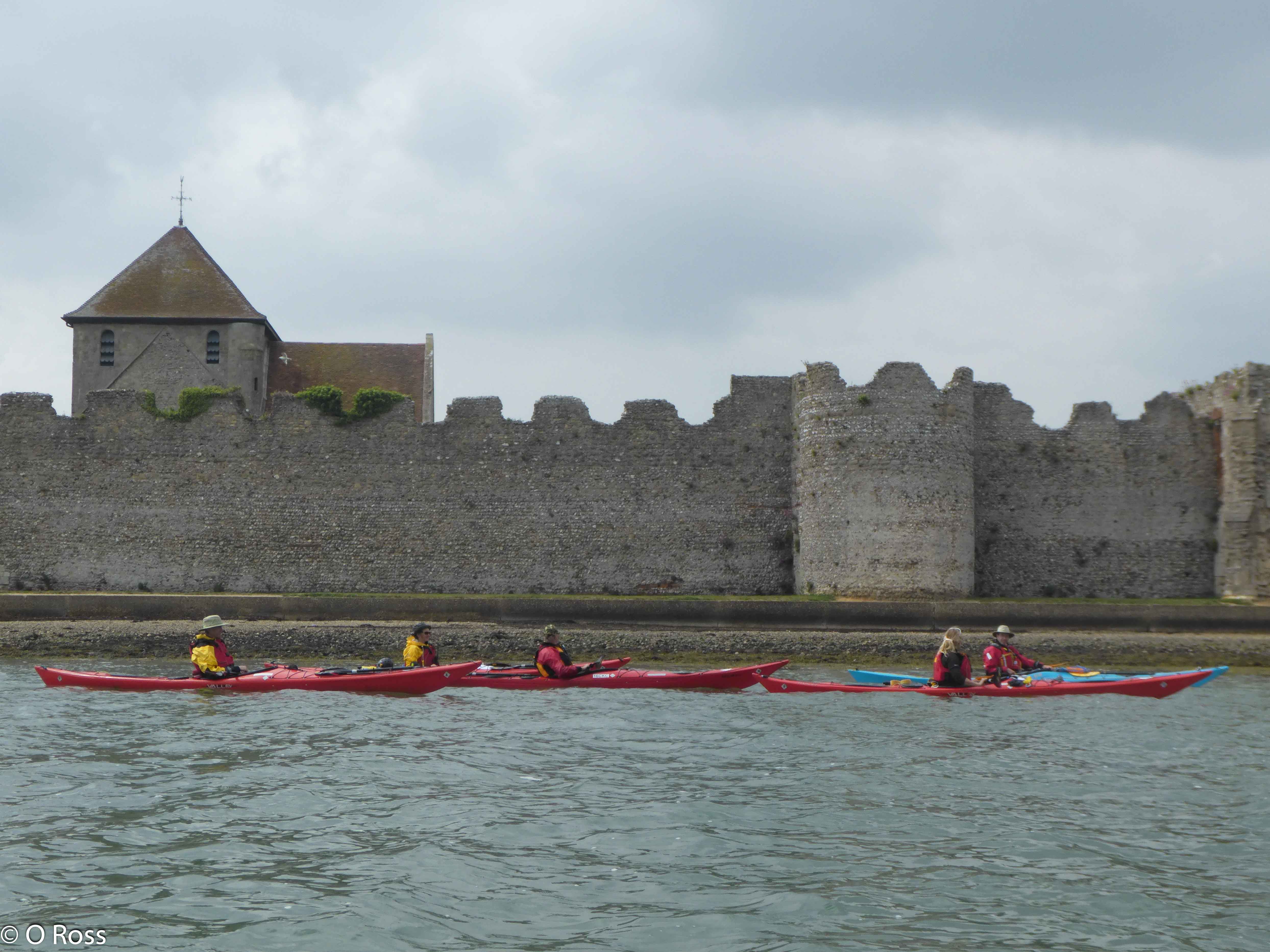
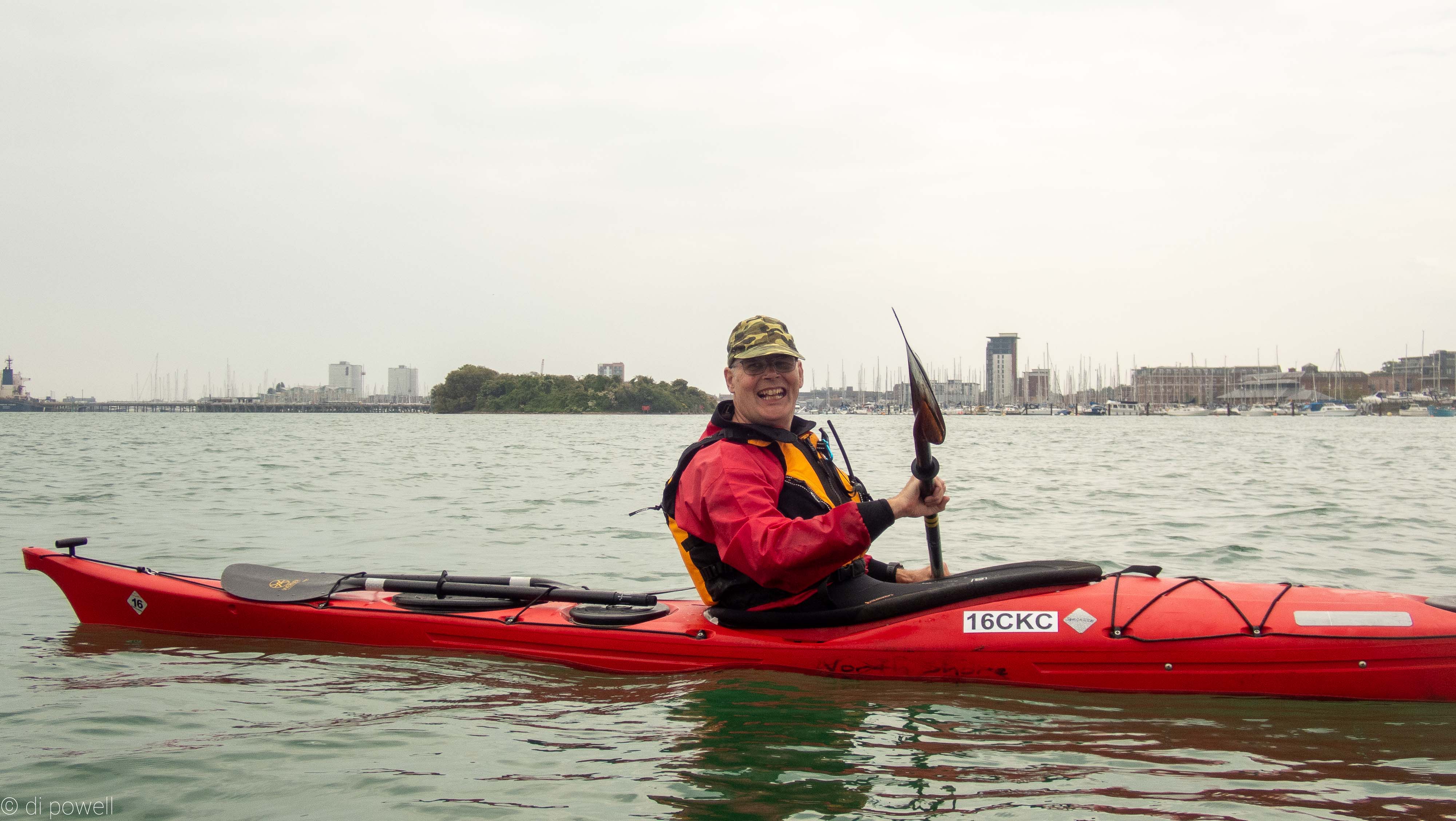
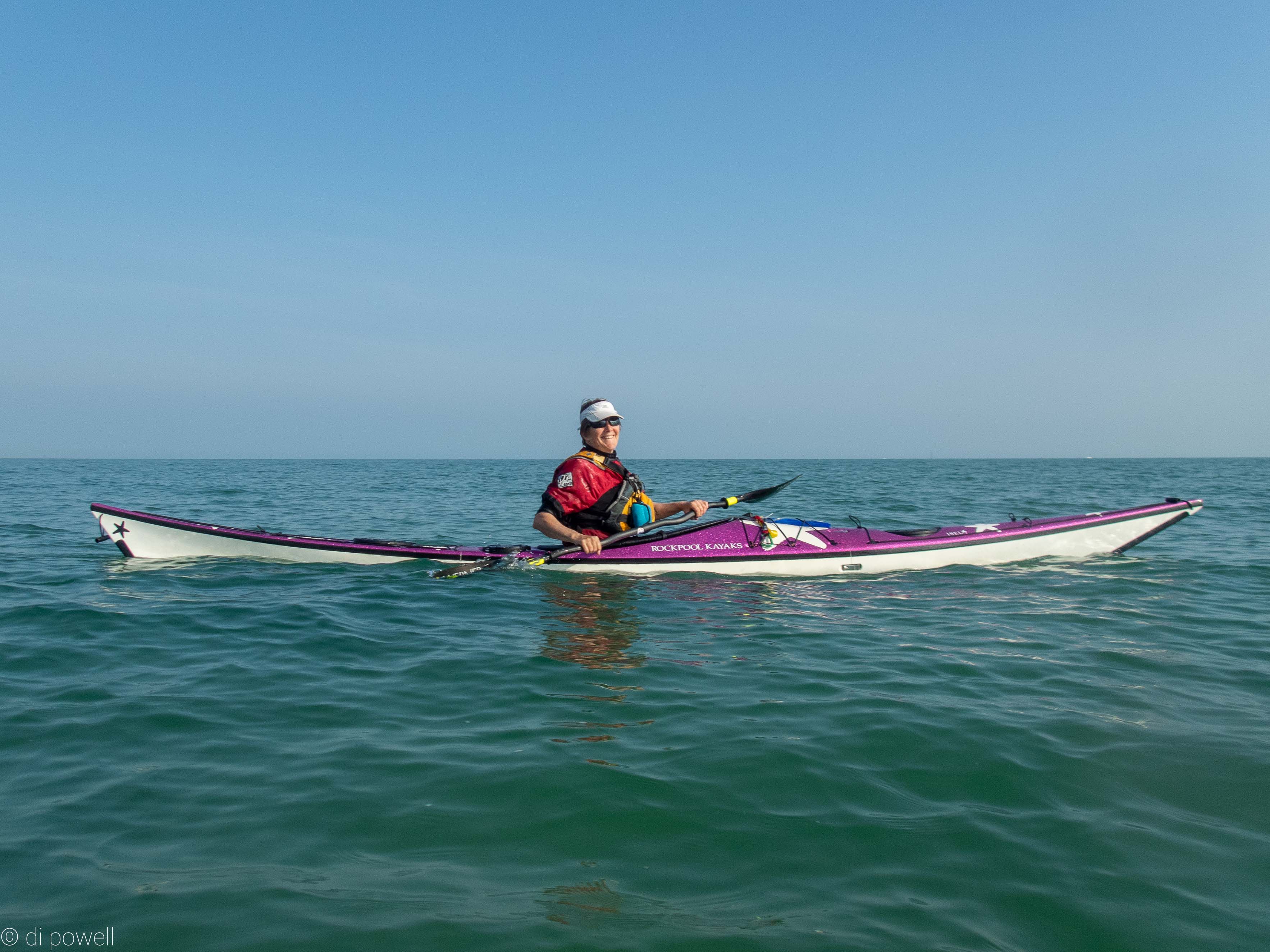
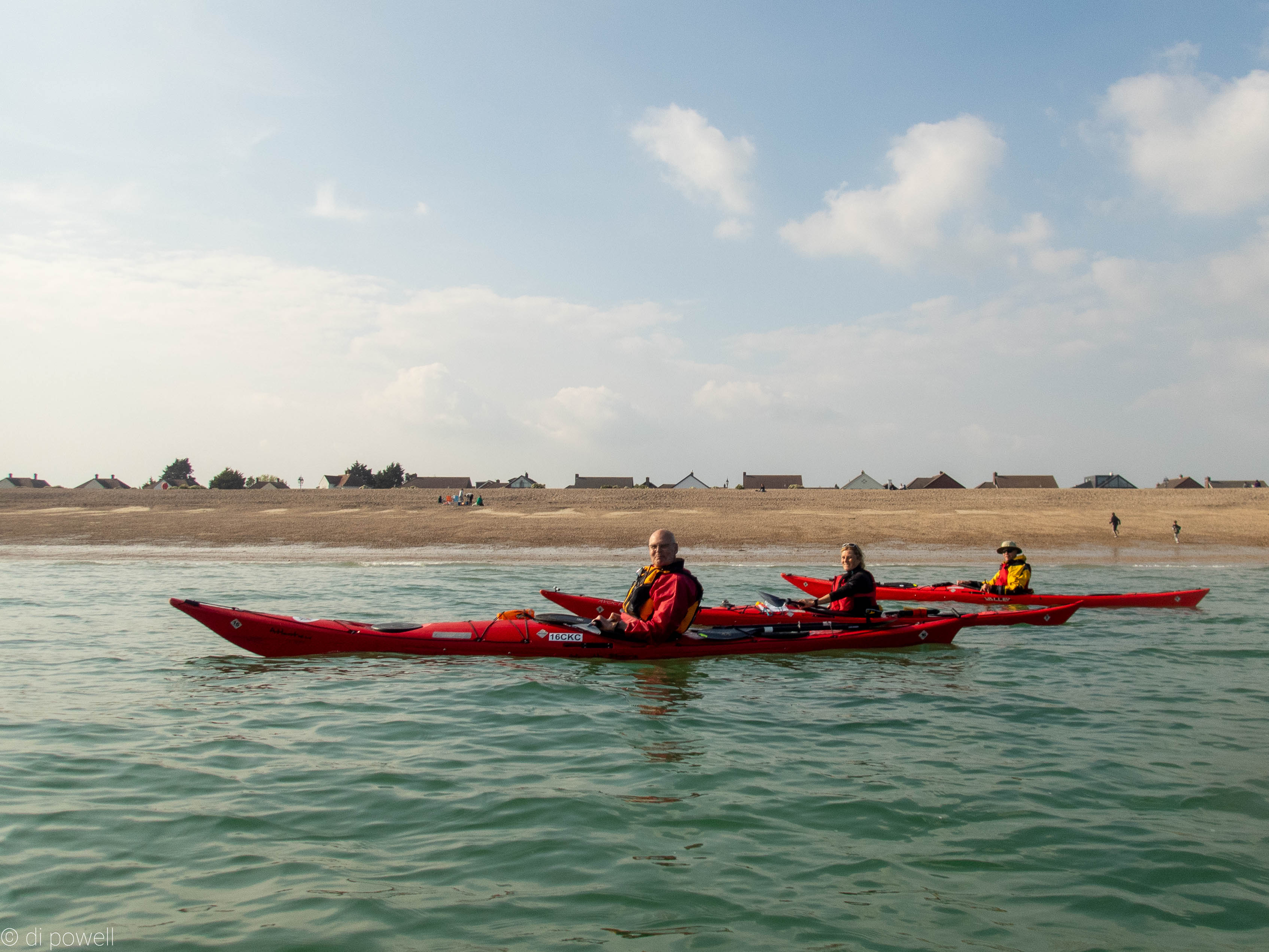
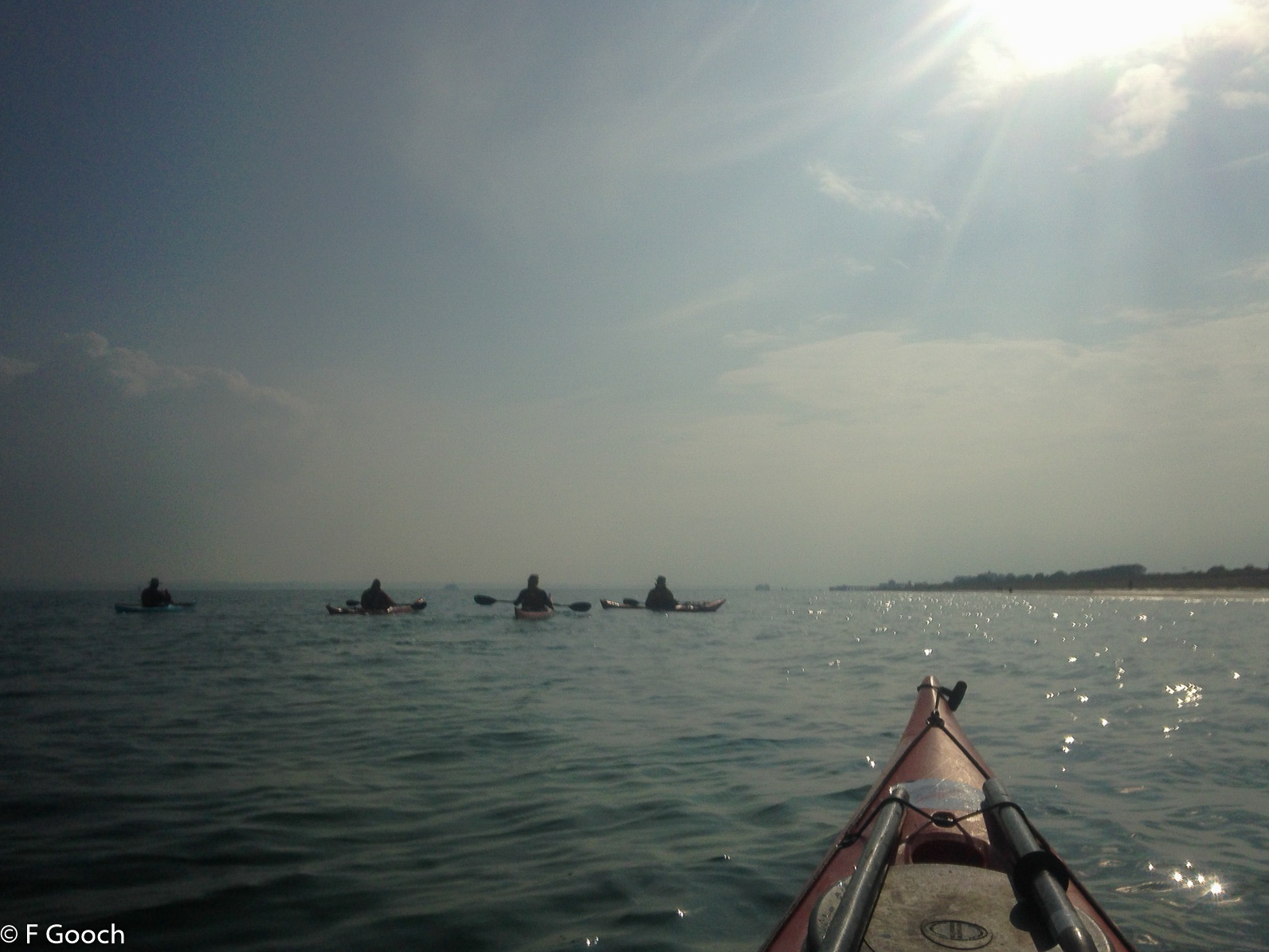
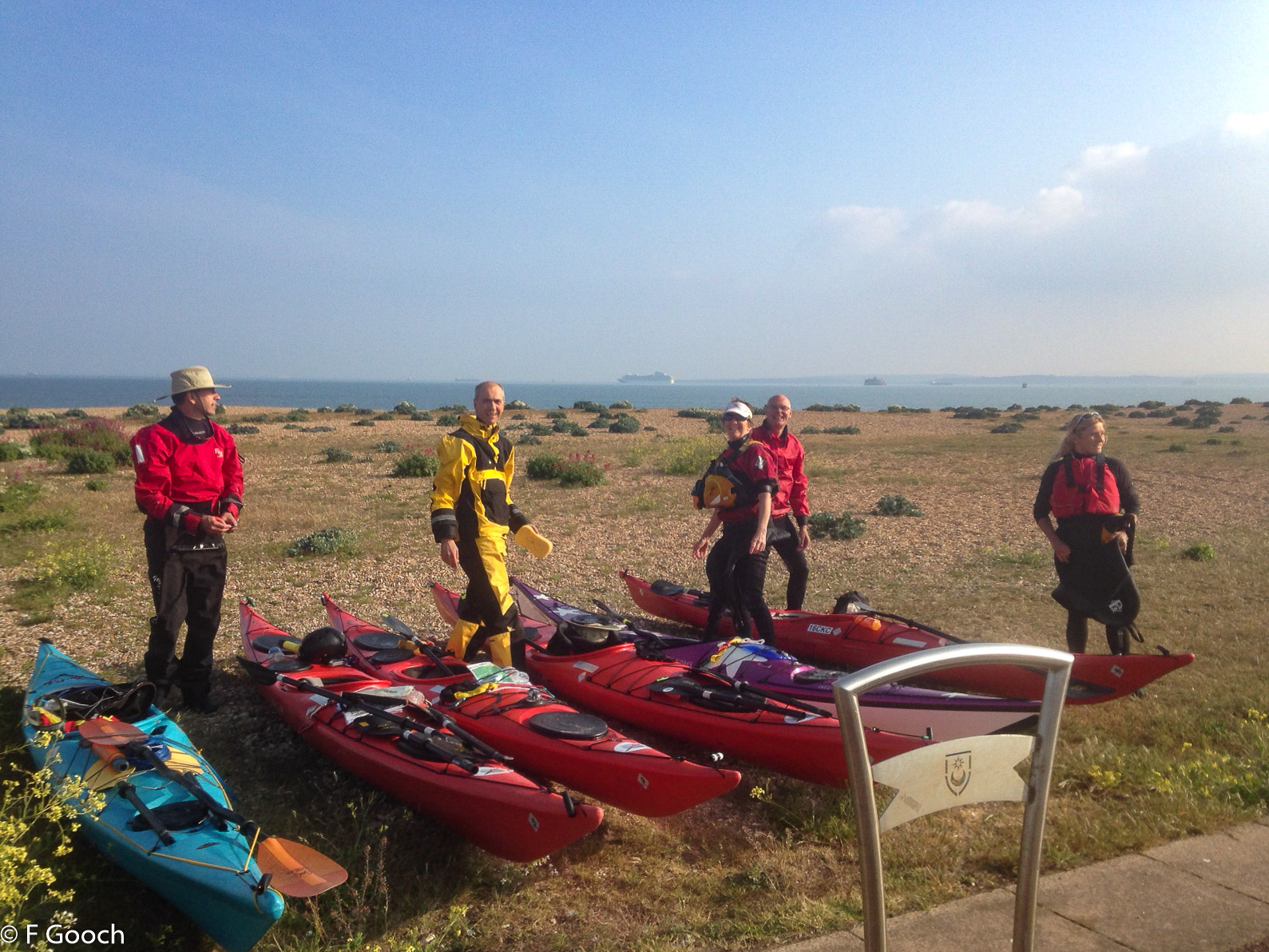

Leave a Reply